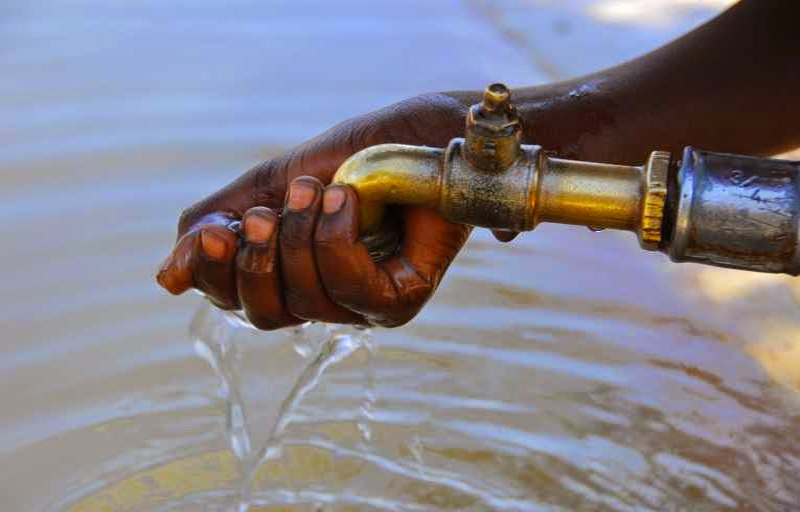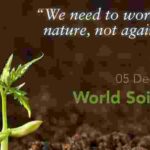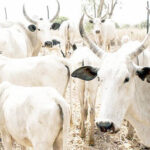The Food and Agriculture Organization (FAO) has raised the alarm that two-thirds of the world’s population could face water shortages by 2050.
It said that global water availability and quality are deteriorating, calling for immediate action to halt the development.
FAO representative at a press briefing to mark World Water Day 2023 in Abuja by the United Nations, Fred Kafeero, raised the alarm in his message at the event.
He said: “Over 700 million people face high and critical water stress and over 90 per cent of natural disasters are water related. The situation is worsening. Global water availability and quality are deteriorating. Climate change is intensifying. Competition between sectors and countries is increasing.
- BREAKING: NLC directs members to cripple activities at CBN offices nationwide
- Senate presidency: I’m the most experienced, says Barau
“By 2050, two-thirds of the world’s population could face water shortages.”
Agriculture currently accounts for 72 per cent of freshwater withdrawals but FAO said, on current trends, an additional 35 per cent in water resources will be needed by 2050 to meet the growing demand for food, fibre and feed.
“At the same time, demand for other uses is increasing. These numbers clearly don’t add up. This is hugely worrying for efforts to end hunger and poverty, because there can be no food and agriculture, and the livelihoods it supports, without clean and sufficient water – for irrigation of crops, for livestock, and for the many species that live in aquatic ecosystems.
“Agriculture – including forestry, fisheries and aquaculture – also plays a crucial role in the management of surface water, groundwater recharge and even circulation of atmospheric water, thanks to forests.
“If we are to protect the future of food, and meet the Sustainable Development Goals, the needs and role of agriculture must be supported.
“The key is to act now with integrated water resource management approaches to produce more food, fibre, feed and biofuel with less water, more sustainably,” he said.
Also speaking, the Nigerian government said the demand for water will exceed 40% by end of the decade.
The Ministry of Water Resources, represented by a director in the ministry, Agness Aneke, said “drop by drop, this precious lifeblood is being poisoned by pollution with water demand expected to exceed supply by 40% by decade end.
She said the objective of the global event was to galvanize action towards active response to the water crisis and seek out a way to take measures to improve access to potable water supply while achieving the target sets out in the sustainable developing goal six – water and sanitation for all by the year 2020.
On her part, Jane Bevan, Chief WASH Nigeria, the United Nations Children’s Fund (UNICEF), said an estimated 78 million children in Nigeria were suffering from poor water access at the moment.
“At least, a third of all of the children in Nigeria do not have access to water at home and do not have access to basic sanitation.
“So we need to do more not less than the children of Nigeria we owe it to them to really come together, invest more in water and do our best to reach everybody,” she said.

 Join Daily Trust WhatsApp Community For Quick Access To News and Happenings Around You.
Join Daily Trust WhatsApp Community For Quick Access To News and Happenings Around You.


